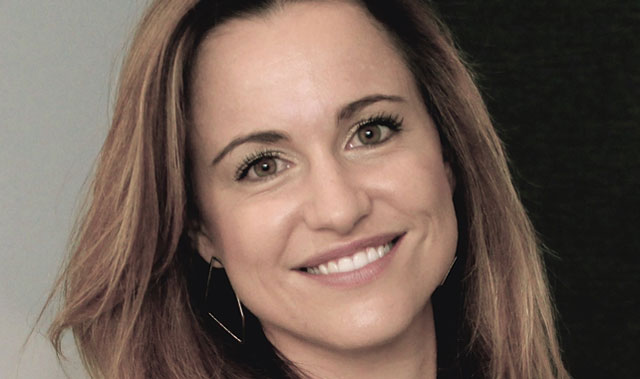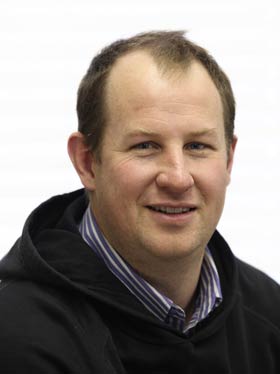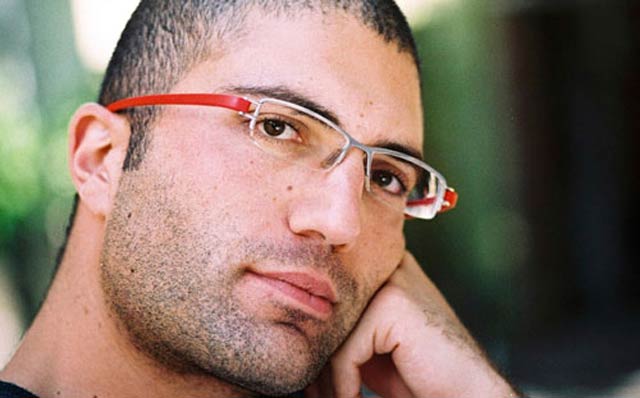
South Africa has a dire shortage of skills, especially of software developers. Now a new, not-for-profit initiative, led by entrepreneurs, is hoping to make a meaningful impact on developing the programming skills that the country so desperately needs.
WeThinkCode, founded by Arlene Mulder, Camille Agon, Yossi Hasson and Justinus Adriaanse, is modelled on 42, a French computer programming school. The founders are establishing a facility in Braamfontein to teach youngsters, from all social and economic backgrounds, to become programmers — at no cost to them.
And they’re encouraging the private sector to invest in future developer talent.
Mulder, who quit her job at Rand Merchant Bank to take on the WeThinkCode project full time with fellow executive director Agon — Hasson and Adriaanse are nonexecutive directors — explains that the idea is to try to do something about the fact that there are millions of young job seekers in South Africa who can’t find employment, yet there are hundreds of thousands of vacancies that corporate South Africa can’t fill because they can’t find the right skills.

Mulder was introduced to France’s 42 — the name comes from Douglas Adams’ Hitchhiker’s Guide to the Galaxy — through Agon, who is relocating from Paris to Johannesburg to launch WeThinkCode.
“[The school] has a completely different way of looking at education, specifically in technology,” Mulder tells TechCentral. It takes in youngsters who have the right aptitude to become computer programmers, no matter their background or education (or lack thereof).
“There are massive challenges in South Africa’s education system. We trying to change that and use technology to try and leapfrog this problem,” she says. In the long term, the founders want to expand the 42 model across Africa, training 100 000 new coders, but they’re starting in Johannesburg.
Student applications open in October, with the first “boot camp” set to start in January.
Prospective students, who don’t have to have any previous history in programming, are invited to play an online game that tests their aptitude and problem-solving skills to determine if they are programmer material. There are no fees involved.
“There are no academic or social background checks,” says Hasson, who founded technology company Synaq. The games, which can be played on a mobile device and which get progressively more difficult, determine if a prospective student is able to learn quickly and think logically while also working collaboratively.

Those who complete the boot camp successfully are accepted into the programme, which lasts two years and includes four months of on-the-job experience through an internship programme.
The school will have no teachers and no formal classes, but students must come to the Braamfontein campus because peer-to-peer learning is an essential element of the programme.
“Everything based on ‘gamification’. You literally play a game. It’s tailored to the individual and you can move through the curriculum at your own pace,” says Mulder.
Exams take place every week, with students applying to sit for them when they feel they are ready.
A broad set of development skills is taught, too. “It’s not just teaching coding in a limited stack. You learn everything. And nothing is archaic in the curriculum.”
As students complete certain projects, new ones are unlocked. Through the process, they are also encouraged to learn how to learn, she says.
The programme, which is open to those between the ages of 17 and 35, will work with companies to sponsor students. Hasson says there has already been interest from a number of companies, with a big financial institution set to announce its backing of the project in the coming days.
Companies pay R100 000 to sponsor a student, 25% of which is paid to the student as a stipend to cover basic costs, especially transport to and from the Braamfontein facility.
Once students have passed five exams, typically after about eight months, they become eligible for a four-month internship at the company sponsoring them. There they earn a basic intern’s salary, which they are expected to save to cover their costs through the second year of study. Most students will complete the programme after two years, with sponsoring companies having the first right to offer employment to new graduates.
Hasson believes the model makes eminent sense for companies seeking talent. “They pay huge amounts to recruiters to find the skills they need. And the recruiters often can’t even find the skills they need.”

Through WeThinkCode, they can find the skills they need and can even get a tax benefit since they’re providing funding to a non-profit.
“We are pre-selling the talent pipeline they will get in two years. They’re not doing it because it’s a charity. They are paying upfront for future skills,” says Hasson.
Already, the initiative has secured support for 25 students. WeThinkCode wants to take in 100 students in the first round as is looking to raise R10m from corporate South Africa to do it.
To foster interest, the founders have launched the #BornToCode Challenge, in which they are challenging the top 100 technology leaders in South Africa to take part in an event at which they will play the same games the students play, with the names of the top 10 to be published.
CEOs are asked to pledge money towards the initiative to take part in the challenge. — © 2015 NewsCentral Media




